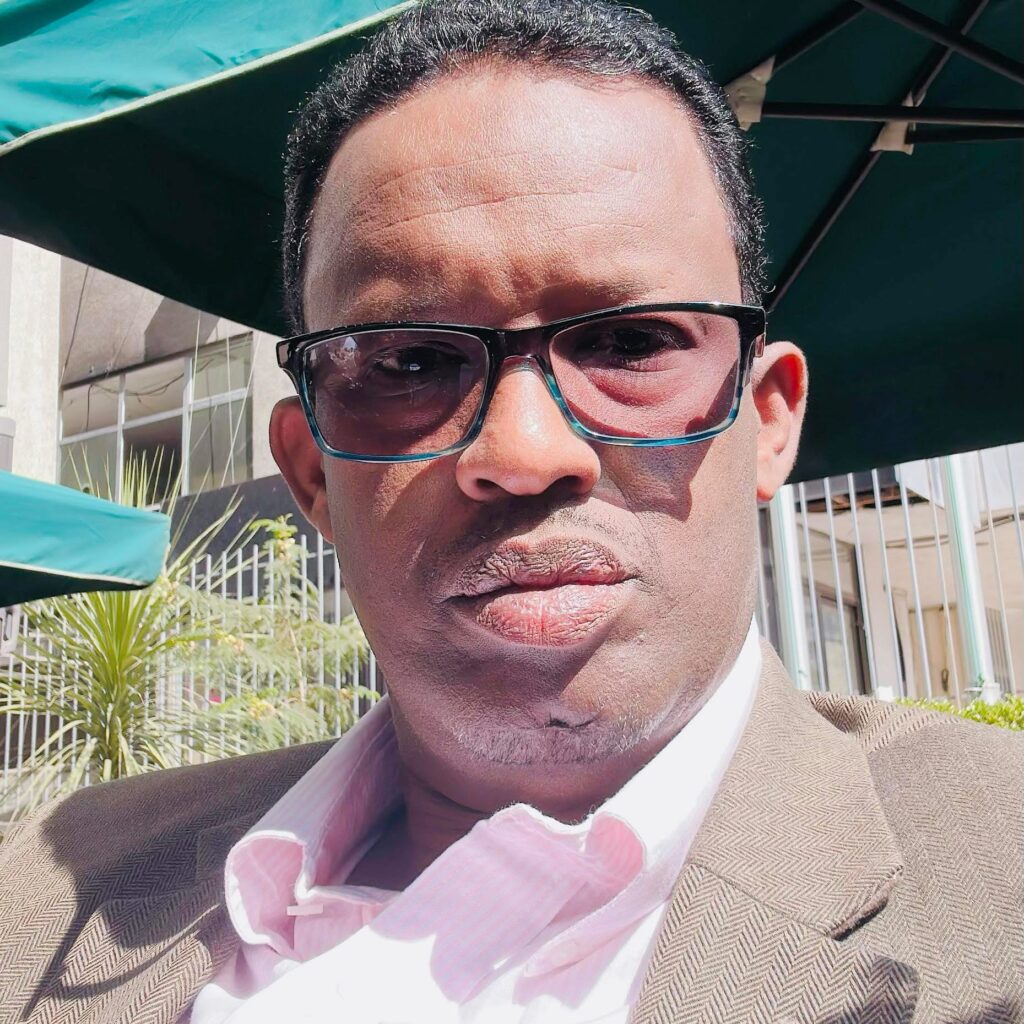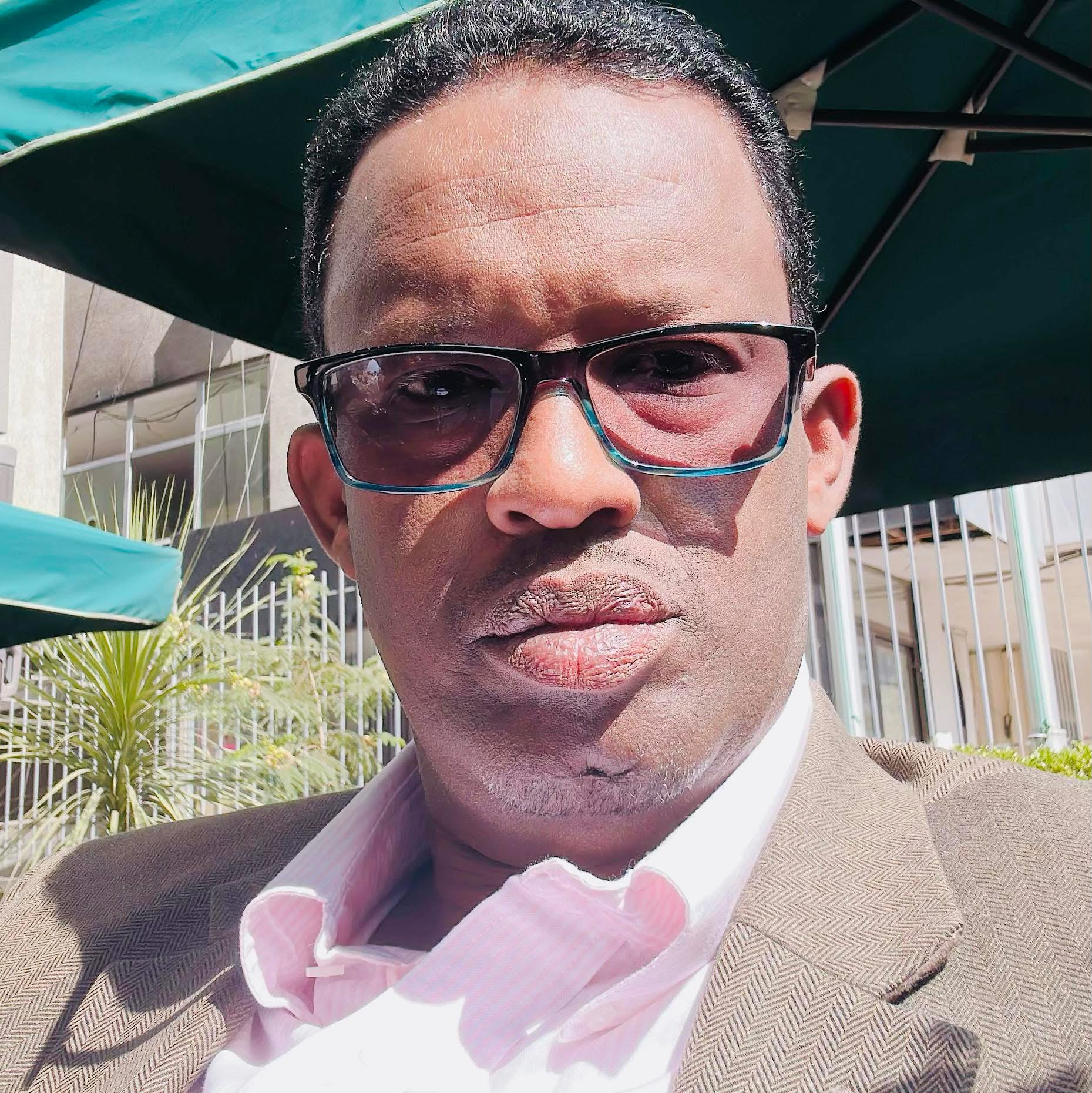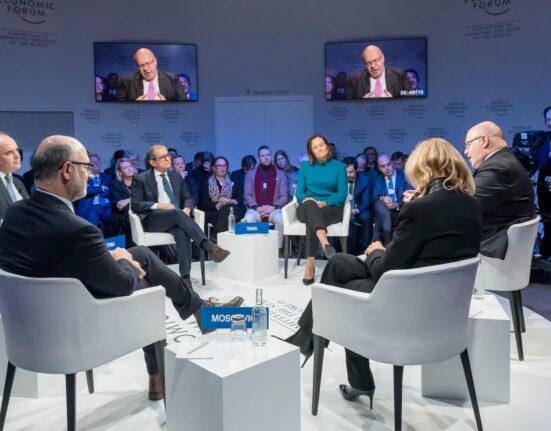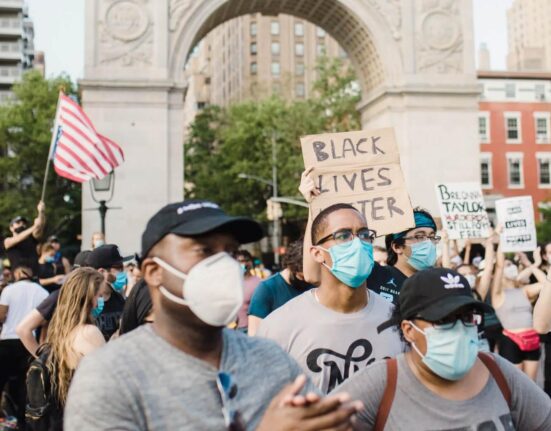
Death in Custody: The Calculus of Brutality and the Fading Pulse of Justice.
Some deaths scream. Others whisper. But the loudest are the ones that justice refuses to hear. In a world where the rhythm of a young man’s heartbeat can disappear behind a prison wall, we are left not only to mourn the life lost, but to confront the silence that follows.
I was carefully following the story of Albert Ojwang, a Kenyan blogger whose life was extinguished while in police custody in Nairobi. His final online remarks – critical of the Deputy Inspector-General – might have stirred discomfort, but in no democratic society should words equate to a death sentence. The initial claim by police, that Albert had died by repeatedly striking his head against a wall, crumbled beneath the weight of medical evidence that suggested assault. That alone sent ripples across Kenya’s media landscape and civil society. Arrests followed. Protests rose. Placards emblazoned with “Where is Justice for Albert??” flooded the streets. The world watched. Kenya responded, even if imperfectly. Institutions stirred, officers were named, and CCTV manipulation was investigated.
Yet as those images flashed across my screen, another face – one that never left my heart – stared back from memory: Shafici. A young man from the Somali Region of Ethiopia. A youth no older than my own son. A son of our soil. A boy with laughter, maybe love, perhaps dreams. And now, only silence. His death, too, occurred in police custody. But unlike Albert’s, it did not inspire official remorse or organized outrage. The regional government’s response was muddled at best, evasive at worst. A hastily appointed committee labeled the death “administrative negligence,” but no one was charged, no footage examined – because no footage exists. No camera was there to testify. No institution stood tall. No justice emerged from the cracks.
I, for one, do not believe Shafici’s death was orchestrated from the highest offices of power. But someone, somewhere within that jail cell, believed they could get away with murder. And perhaps worse, they were right. This is not simply a crime; it is a condition. The condition of impunity. The disease of institutional decay. A system where wearing a badge can substitute due process, and a uniform becomes both sword and shield.
Although the Somali Region’s jail system cannot rival the infrastructure of Nairobi – no CCTV surveillance, no traceable digital oversight—this disparity must not be used to excuse or obscure the urgency of reform. On the contrary, the vacuum left by this absence should be filled with resolve. If Shafici’s death teaches us anything, it is that transparency does not begin with intention – it begins with infrastructure. Every dark corridor in our detention centers must be illuminated, not only with light, but with law.
Sadly, the case has been politicized. Instead of facing the crisis with clarity and compassion, the Somali Regional Government chose to wrestle with narratives and divert attention through partisan spectacles. In doing so, it not only delayed justice but deepened public distrust. As pressure mounted, the administration eventually kneeled to damage control, issuing controversial and contradictory messages that insulted the intelligence of a grieving public. The moment to lead with integrity was squandered.
This is more than negligence. It is the structural virus that legal theorists name state impunity. Where the judiciary is silent and the executive becomes unbound, the law collapses inward – folding into the very institutions meant to uphold it. As Alexander Hamilton once warned, “Liberty can have nothing to fear from the judiciary alone, but would have everything to fear from its union with the executive.” When the balance of power bends too far toward unchecked authority, accountability dies first – not in lawbooks, but in prison cells.
To restore public confidence, governments – both in Nairobi and Jigjiga – must prove that no badge is above the law, and no uniform immune to indictment. Justice delayed in such deaths is not merely justice denied – it is justice decapitated. A republic cannot breathe through a broken nose, nor can a region find peace when its youth lie buried in unanswered questions.
As James Baldwin once wrote, “Ignorance, allied with power, is the most ferocious enemy justice can have.” In both cases – Albert and Shafici – the ferocity of that alliance has left families shattered and societies ashamed. The law, as it stands, is reactive, not resolute. Selective, not sovereign.
No blackout of CCTV should hide brutality. No absence of cameras should excuse it. No title should shield a killer in uniform. When cells become coffins, and silence replaces courtrooms, the constitution itself gasps for breath.
We must turn grief into geometry – trace every angle of abuse, calculate every variable of complicity, and solve for justice before the sum becomes too large to contain. Because in the end, the question is not whether justice will be served – but whether we, as a society, still believe that every life, regardless of its geography, deserves to be heard when it can no longer speak for itself.
Hirsi Abdulkadir Mohamed, Former Member of Federal Parliament and Horn Africa Political and Security Analyst







